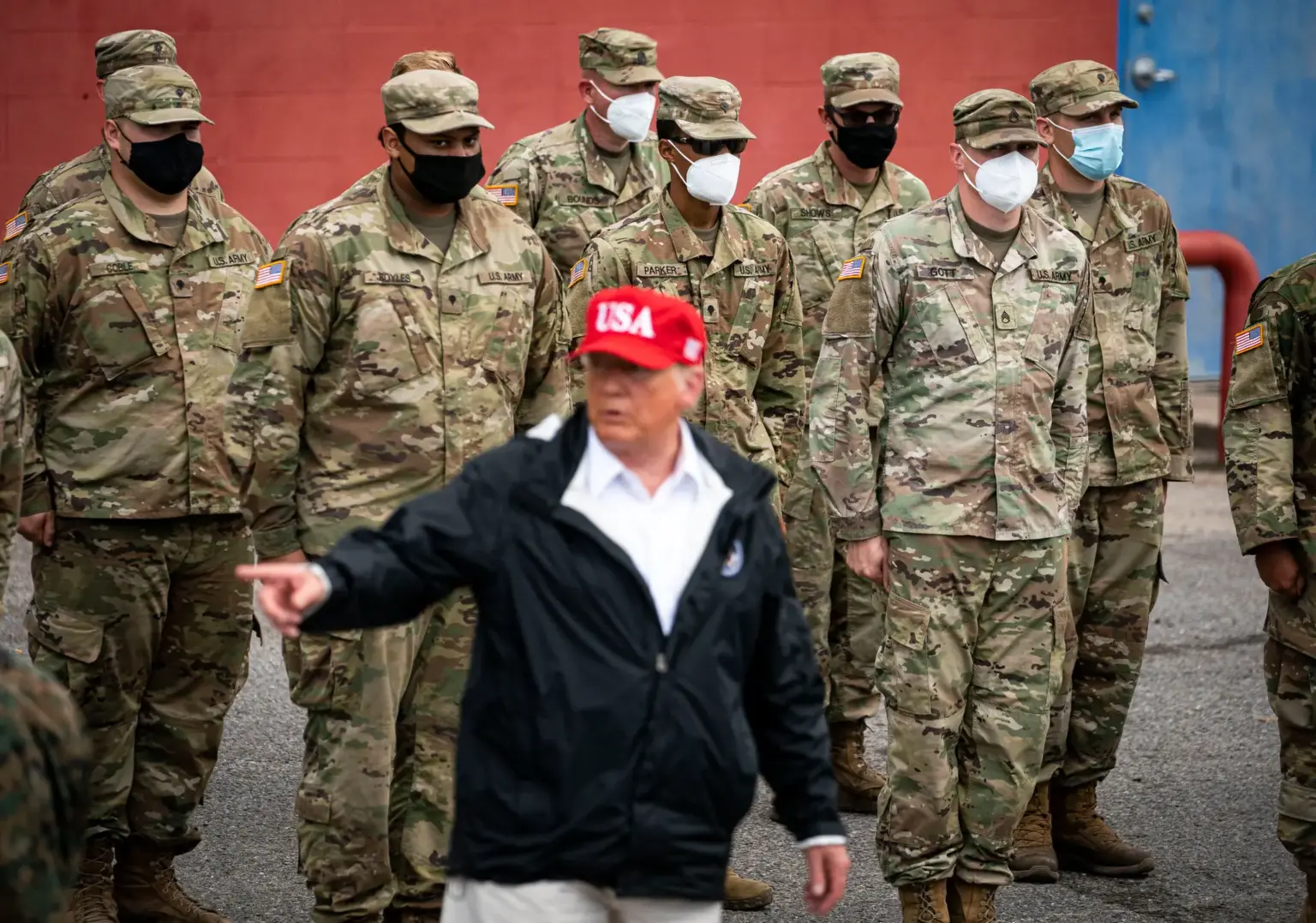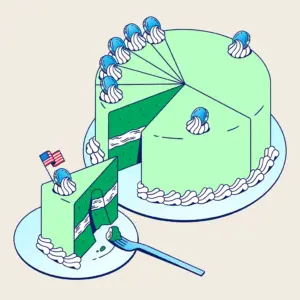Eric Guntermann, Gabriel Lenz, and Alexander Agadjanian recently published the below op-ed in the New York Times.
—
President Trump mocked Joe Biden for his mask wearing at a campaign rally last week, saying, “Did you ever see a man who likes a mask as much as him?”
Polling has shown that the public overwhelmingly backs mask requirements, which Mr. Biden has long supported. President Trump, on the other hand, has ridiculed mask wearing at times — although he did at one point call it patriotic — and he has rejected some other policies that many Americans support to fight the coronavirus.
So you might expect voters to punish him on Election Day.
But political science research has found that people don’t always vote in a way that reflects their policy preferences. A principal obstacle is lack of knowledge. In surveys, voters often can’t distinguish presidential candidates’ stances even on critical issues of the day.
To examine whether voters would punish Mr. Trump for views related to the virus, we conducted a survey of 3,877 Americans. As other surveys have shown, we found strong support for measures to fight the coronavirus. Seventy percent of people want the government to do more to protect Americans from the virus (8 percent want it to do less). Sixty-five percent want the federal government to do more to test for the coronavirus (10 percent want it to do less).
Sixty-nine percent agree (and 12 percent disagree) with requiring masks in public. Forty-nine percent agree (and 23 percent disagree) with closing nonessential businesses to slow the spread of the virus. Furthermore, 51 percent agree (and 20 percent disagree) that the United States should be part of the World Health Organization (WHO). Mr. Trump has disagreed with each of these positions.
And yet it’s far from clear that he is losing substantial support because of Americans’ attitudes toward the virus. Although Mr. Biden is ahead among Americans who support mandatory masking in public, Mr. Trump still gets the support of 32 percent of voters who support mask requirements. He also gets 39 percent of support among voters with close family members or friends who have died from the virus.
Why? Voters appear not to know Mr. Trump’s and Biden’s stances. Only 40 percent of survey respondents place Mr. Biden as more supportive than Mr. Trump on masks, and only 41 percent do the same on closing businesses. Only 47 percent place Mr. Biden as more supportive of the WHO. These results are consistent with decades of research showing that a considerable share of the public doesn’t know the positions of the parties and presidential candidates, even on the most salient issues. By contrast, among respondents who are highly knowledgeable about the presidential candidates on other issues, more than 90 percent correctly place them on all three coronavirus questions.
It’s not just that people don’t know. When people don’t have a sense for party or candidate platforms, they tend to assume that their preferred party or candidate agrees with them on the issues. This phenomenon, which political scientists call projection, appears to be operating here. People’s perceptions appear strongly influenced by which candidate they like.
Strikingly, a majority (59 percent) of Trump voters support requiring masks (only 18 percent are opposed), and 81 percent of Trump voters who support mandatory masking think Mr. Trump does as well.
Similarly, 39 percent of Trump voters support closing nonessential businesses (37 percent are opposed), and 75 percent of Trump supporters who want to close businesses believe that the president does as well. Finally, 34 percent of Trump voters support WHO membership (39 percent are opposed), and 70 percent of Trump supporters who support WHO membership believe Mr. Trump supports it.
We see similar patterns of perceptions about Mr. Biden among his supporters. Biden voters strongly support mask requirements, the closing of nonessential businesses, and WHO membership. Biden voters accurately perceive Mr. Biden as supporting these policies, though this may partly reflect projection.
Although the pandemic is one of the biggest crises the United States has faced in recent decades, it’s a more important issue for some than for others. Perhaps surprisingly, knowledge of Mr. Trump’s positions on the virus declines among those with a close friend or family member who died of the coronavirus. Sixty-eight percent of Trump voters who know someone who died (compared with 56 percent among those who do not) believe that Mr. Trump supports mask requirements in public.
Fifty-eight percent of Trump supporters who know someone who died from the virus believe that Mr. Trump supports closing nonessential businesses (compared with 31 percent of those who do not). Fifty-two percent of Trump supporters who know someone who died think Mr. Trump supports WHO membership (compared with 30 percent of those who do not).
You might think that the critical importance of an issue would improve people’s ability to vote on the basis of that issue. Even in times like these, however, the public’s attention to politics remains limited — politics is still “a sideshow in the great circus of life.” Lacking knowledge, the importance may simply be making them project their position even more onto their party’s candidate.
Since voters increasingly pay attention to the presidential race as Election Day approaches, Mr. Trump has reason to worry that voters will learn more about his stances.

